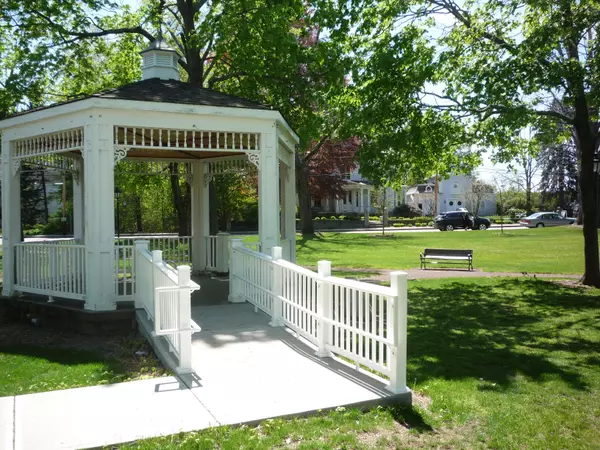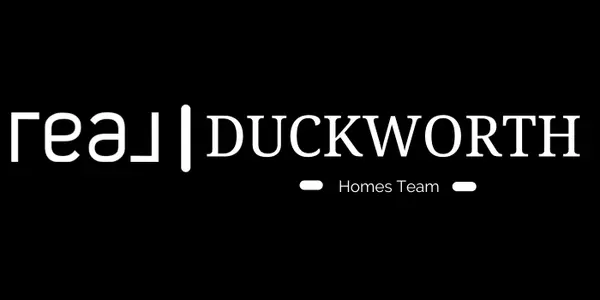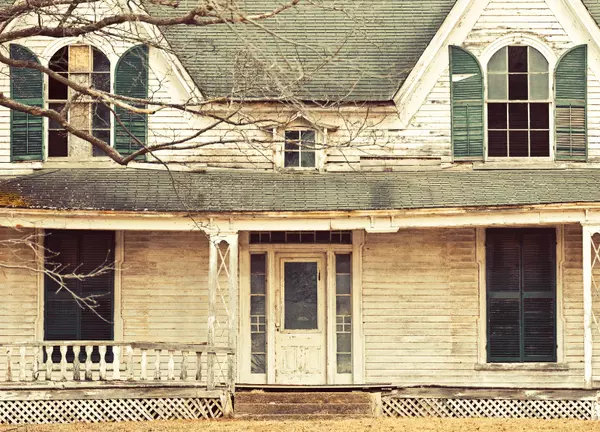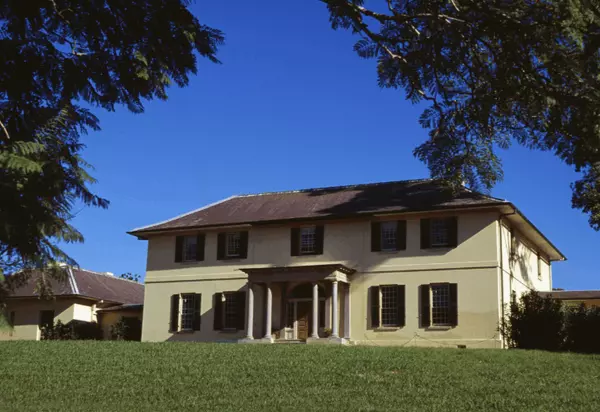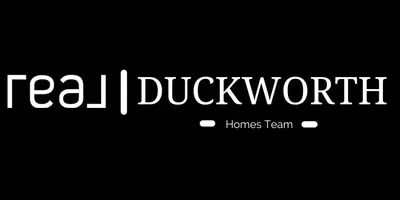Everything You Need To Know Before Buying A Old Home
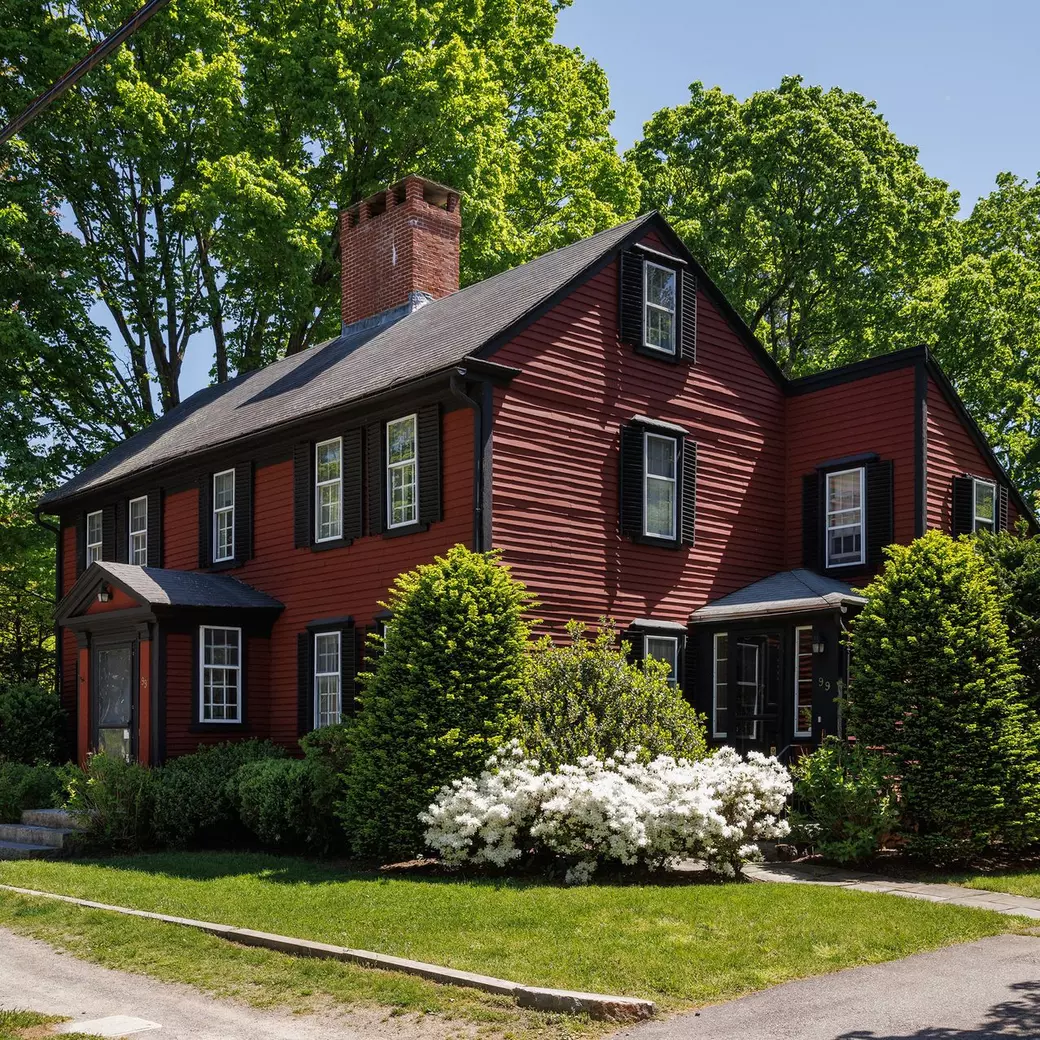
Buying An Old Home in New England
Acquiring a historic home in New England, particularly in Rhode Island and Massachusetts, offers a unique blend of charm and history. However, these homes can also present challenges, from outdated electrical systems to roofing concerns. Here's a comprehensive guide on what to anticipate when purchasing a historic home in this region.
Historic homes in New England exude character, showcasing features from bygone eras, intricate craftsmanship, and undeniable allure. Yet, these homes can also come with unexpected surprises that might strain your budget.
In 1978, the federal government prohibited the use of lead-based paint, which was a common construction material. Addressing this issue can be expensive, and homes with lead-based paint can pose health risks. While these older homes might require pricier repairs, they often have a more affordable initial purchase price.

There's no harm in purchasing a historic home, but be ready for potential structural issues and other challenges. Many buyers are drawn to these homes for their undeniable charm, high ceilings, detailed moldings, hardwood floors, and meticulous design.
According to recent data, a significant percentage of homes in Rhode Island and Massachusetts were built before 1940. So, what should you consider before investing in one?
Key Considerations for Purchasing a Historic Home in New England:
-
Pricing Dynamics
- Historic homes might have a lower price tag, but this can sometimes indicate underlying issues. If a home seems undervalued, it might have problems the seller is hoping to sidestep or issues that are too extensive and costly to address. Always research the property thoroughly and consider obtaining an inspection.
-
Potential for Expensive Repairs and Updates
- Renovating an older home can quickly escalate in costs. For instance, while updating the flooring, you might discover mold or foundational cracks. Similarly, tearing down a wall might reveal water damage or electrical issues.
-
Homeowners Insurance Implications
- Insurance rates for older homes can be higher due to the increased risk and potential repair costs. On average, insuring a 100-year-old home in New England might cost more than a newer property.
-
The Importance of Home Inspections
- Always get a thorough inspection before finalizing your purchase. This step helps identify potential issues and ensures you're making a sound investment.

-
Classifying Historic Homes
- Vintage: Homes that are between 20 and 100 years old.
- Antique: Homes that are over 100 years old, often featuring traditional fireplaces.
- Historic: Homes that are recognized by entities like the National Register of Historic Places for their historical significance.
-
Awareness of Hazardous Materials
- Older homes might contain harmful materials like lead and asbestos. Ensure you test for these materials and understand the associated risks.
-
Structural and Foundation Concerns
- Check for signs of foundational damage, such as wall cracks, uneven floors, or windows that don't open properly.
-
Electrical System Challenges
- Older electrical systems might not be equipped to handle modern electrical demands. Check for outdated wiring and other potential hazards.
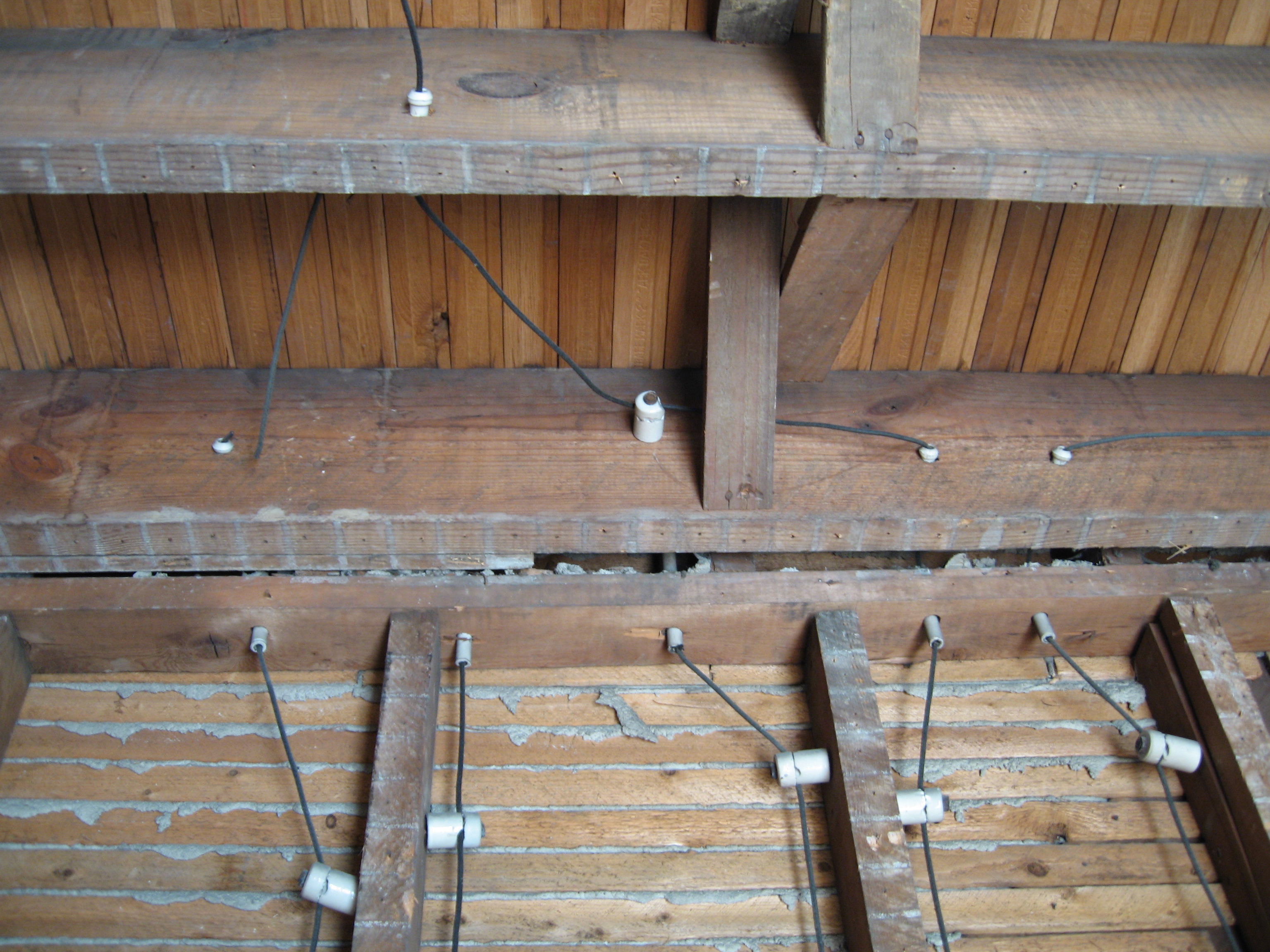
-
Roofing Concerns
- Ensure the roof is in good condition, as replacements can be costly.
-
Pest and Insect Issues
- Older homes, especially those that have been vacant, might have pest issues. Always get a pest inspection before purchasing.
-
Outdated Features
- Be prepared for potentially outdated appliances, fixtures, and floor plans.
FAQs:
- Is it wise to buy a 100-year-old home in New England?
- While these homes offer charm, they might also come with challenges like pests, lead paint, and structural issues.
- What are the drawbacks of buying a historic home?
- Potential challenges include foundational damage, plumbing issues, and tree root problems.
- Do homes depreciate with age?
- While the physical structure might depreciate, the land's value often appreciates.
Final Thoughts on Purchasing a Historic Home in New England: Historic homes in Rhode Island and Massachusetts offer a unique blend of charm and history. While they might require significant investment in repairs and updates, their character and allure are often worth the effort. Always conduct thorough research and inspections before making a decision. If you're interested in exploring historic homes in New England, reach out to our team of expert agents. We're here to help you find the perfect home that resonates with your tastes and preferences.
Categories
Recent Posts

